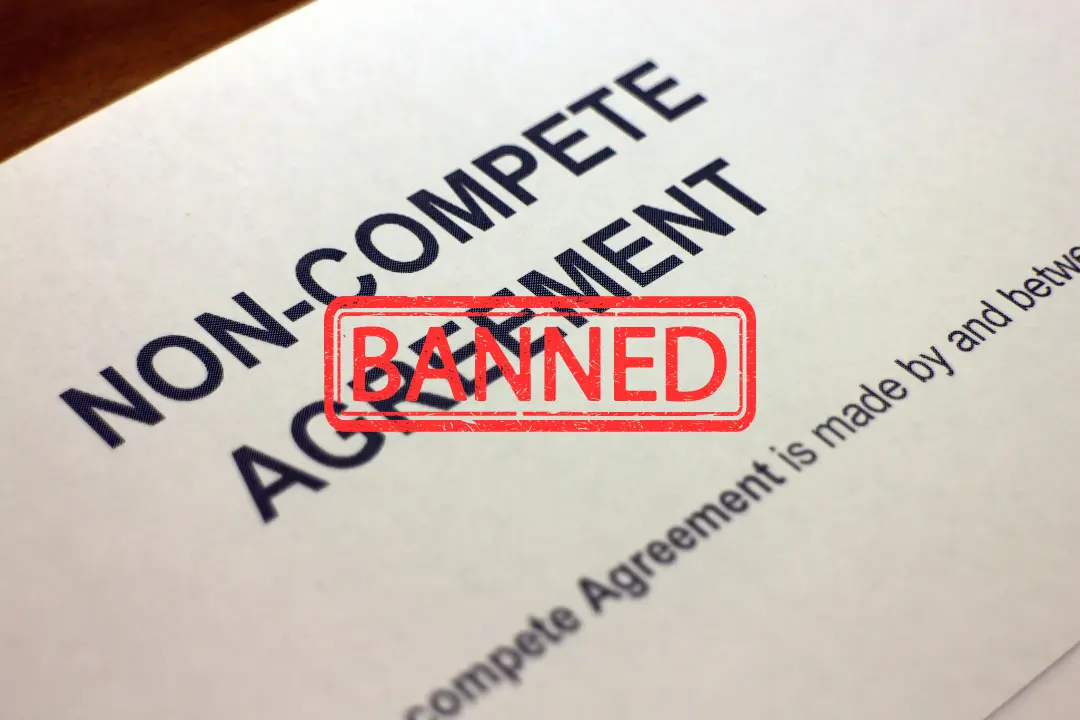In a close 3-2 decision on Tuesday, April 23, 2024, the Federal Trade Commission (FTC) took a significant step with a ruling that bans noncompete agreements. These agreements previously restricted employees from joining or establishing rival companies for a specified duration. With an estimated 30 million individuals, comprising about one-fifth of the workforce, currently affected by these constraints, the impact of this ruling is substantial.
The ban, which is scheduled to take effect later this year, signifies a pivotal change, as it strips U.S. companies of the power to prevent their employees from pursuing positions with competitors. However, the future legality of this regulation may encounter challenges within the judicial system.
The FTC introduced the proposed rule to ban noncompete agreements in January 2023. Since then, FTC officials have underscored the detrimental effects of such agreements on workers. These include limiting their ability to explore higher-paying job opportunities, which often represent significant wage increases. Moreover, the FTC argues that by reducing job turnover, noncompete agreements not only disadvantage workers not bound by them but also impede economic growth by obstructing other businesses from recruiting essential staff.
The FTC received more than 26,000 comments on the proposed rule during the public comment period, which closed in April 2023. Despite the majority vote this past Tuesday, dissenting FTC commissioners raised concerns regarding the commission’s authority to enact broad rules against conduct deemed anticompetitive under federal law.
The announcement of the ruling has prompted swift legal action, with tax services firm Ryan LLC filing a lawsuit in Texas and the Chamber of Commerce, the nation’s largest business advocacy group, announcing its intention to challenge the ruling through legal means.
If the ban withstands legal challenges, it would apply to all workers entering into new employment agreements as they accept new jobs. For workers with existing noncompete agreements, those agreements would become unenforceable.
Visit the FTC’s website for more information on the ban on noncompete agreements.




